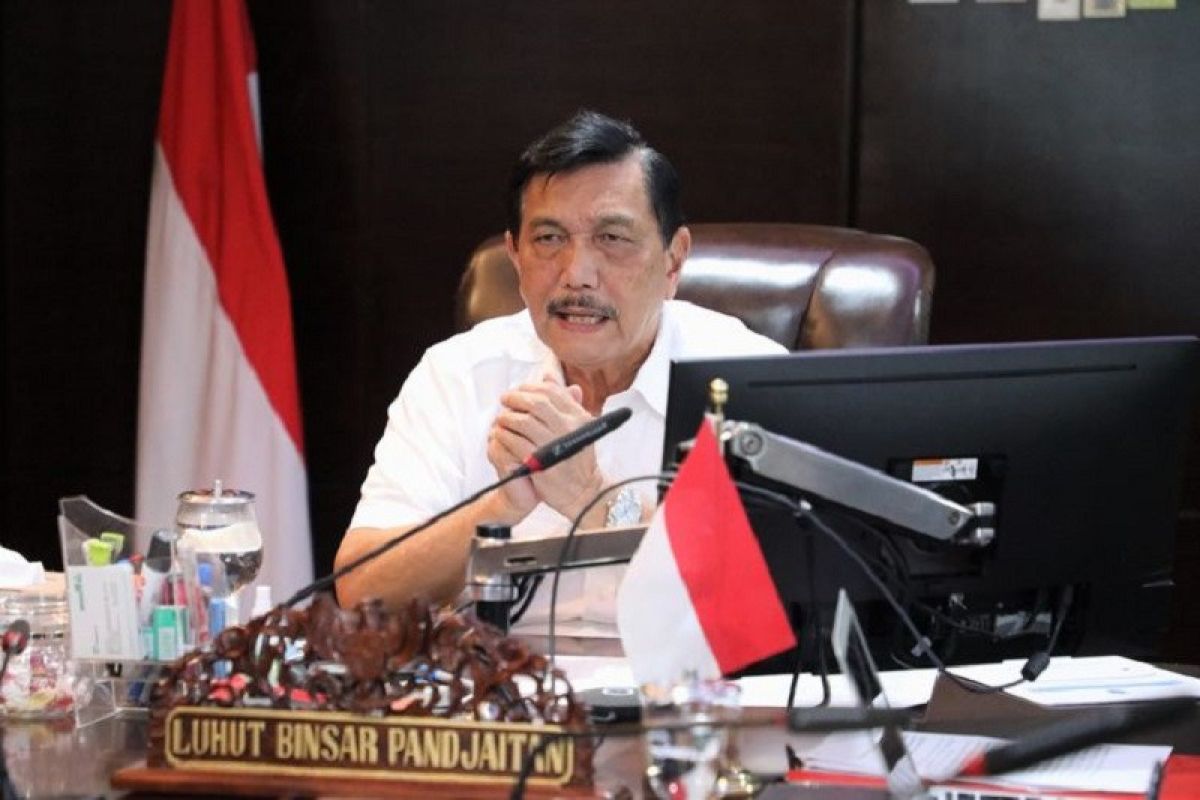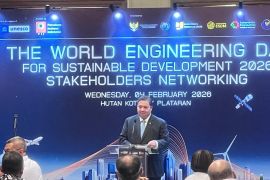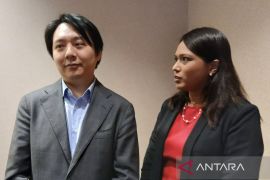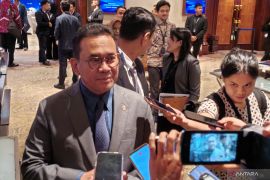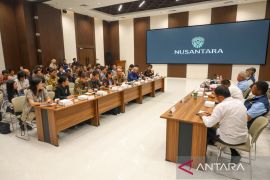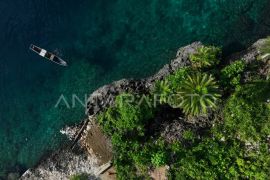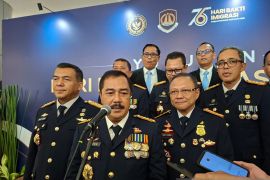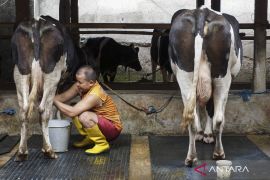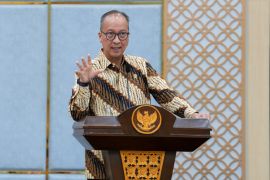Minister Pandjaitan said that the facility includes preparing a roadmap for the development of EV, calculating the local content requirements (TKDN) which provide opportunities to investors to develop domestic supply chains, as well as providing zero percent sales tax incentives on luxury goods (PPnBM) for battery-based electric vehicles.
"Indonesia is being very cooperative. Perhaps there is no other country as aggressive as Indonesia, so we know that we will be able to become a global player," he remarked during the launch of the Battery-Based Electric Motor Vehicle Ecosystem for Indonesia, as monitored online from the Coordinating Ministry for Maritime Affairs and Investment's Youtube channel in Jakarta on Monday.
To encourage the development of battery-based EVs in Indonesia, all parties need to focus on developing a strong EV ecosystem, he said.
The electric vehicle ecosystem consists of EVs and supporting components, such as the electric battery industry, electric battery recycling industry, and charging station and battery swapping networks.
After pulling investment, the government will encourage the construction of charging stations and battery swapping networks with the help of state-owned enterprises, such as PLN and Pertamina as well as the private sector, he informed.
"Because it will be difficult to develop EVs in Indonesia without an adequate charging station and battery swapping network," he explained.
As one of the important supply chains, the minister also said he hopes that the groundbreaking of the lithium battery recycling facility in Morowali, Central Sulawesi can be conducted in November this year.
Related news: Karawang's EV battery factory to absorb 1,100 direct work force: govt
According to him, the battery recycling industry is very important because it is able to extract 99 percent of the metal in used batteries. Thus, Indonesia can build an ecosystem where no waste is wasted, he remarked.
"We will no longer rely on nature for lithium batteries. Battery recycling will ensure Indonesia's important position in the lithium battery supply chain in the future," he remarked.
Research and development (R&D) also need to continue to be built in the development of EVs in the future, he added.
According to Pandjaitan, the government's effort in developing the battery and EV industry is a tangible form of Indonesia's seriousness in realizing its ambition to reduce greenhouse gas emissions by 29 percent by 2030.
The development of the battery ecosystem and EVs is a part of the government's program so that Indonesia can become more environmentally friendly, he added.
"In the future, the Government of Indonesia will take the issue of climate change seriously," he affirmed.
Related news: Electric vehicle battery factory to absorb local workforce: Minister
Translator: Ade Junida, Azis Kurmala
Editor: Rahmad Nasution
Copyright © ANTARA 2021
